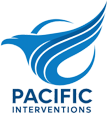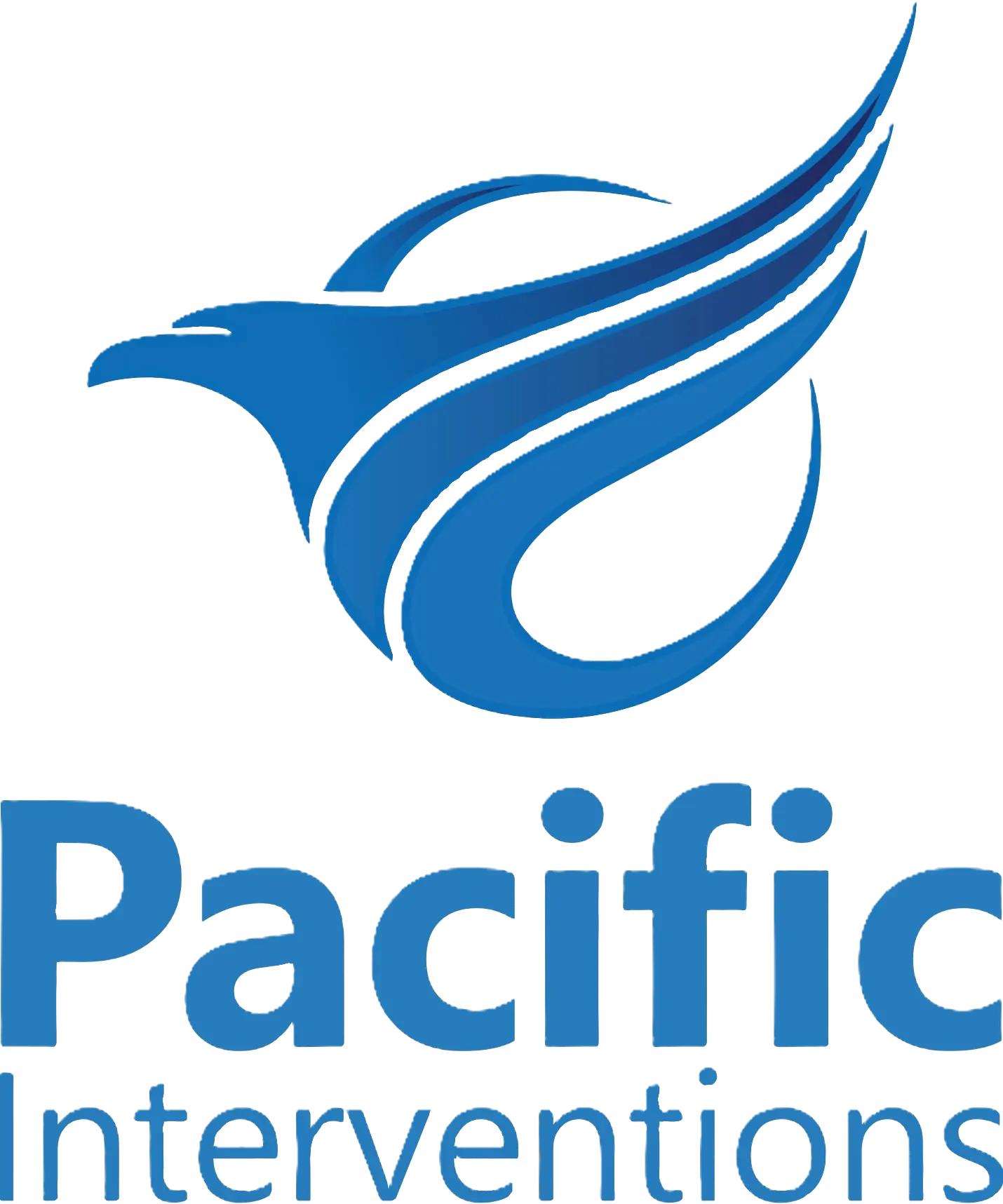If someone is suffering from alcohol addiction, it is essential to get help from specialists. You can look for reputable and licensed medical centers like Pacific Interventions for support and resources. In addition, healthcare providers or therapists at Pacific Interventions can provide guidance on treatment options and available support services. Seeking help is a courageous step towards recovery, and we want to make sure that this step is followed by the best guidance we can provide
This blog aims to explore the characteristics of a reliable medical center for seeking help for drug addiction, the most common defence mechanisms used by alcoholics, and the most popular programs for recovering alcoholics. Pacific Interventions is a licensed and reliable medical center that can provide the best programs for recovering from drug addiction.
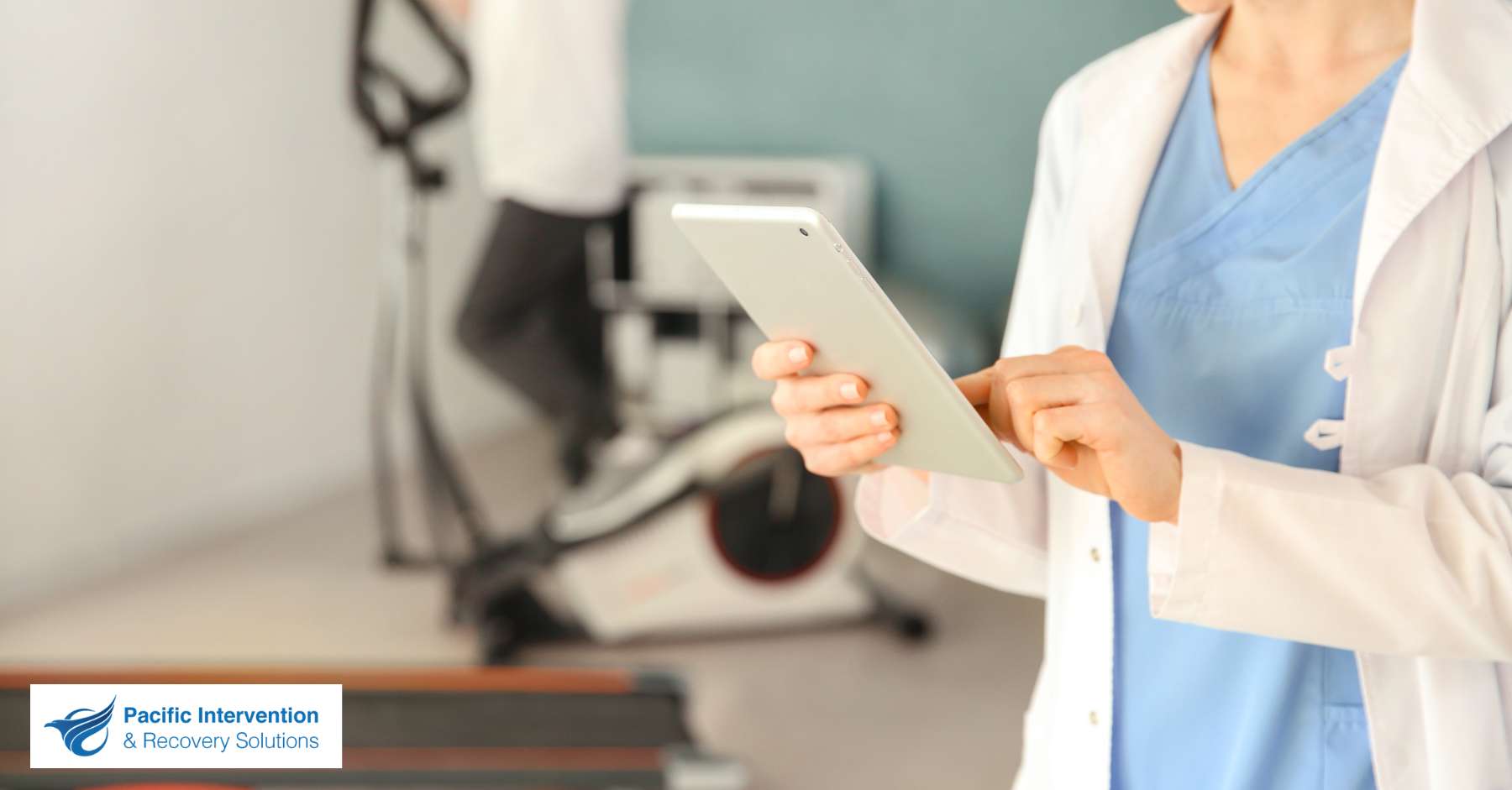
How to Choose the Best Recovery Center?
If you are struggling with drug or alcohol addiction and you are thinking about getting treatment, you want to make the best choice when it comes to selecting a recovery center for help.
- Competent Professionals: The recovery center should have a team of qualified medical professionals, therapists, counsellors, and support groups specializing in addiction treatment. They should offer customized care that aligns with each individual’s requirements.
- Thorough Evaluation and Treatment Planning: Before initiating treatment, patients should undergo a comprehensive evaluation to identify their specific needs and create a customized treatment plan. This plan should deal with not only the addiction itself but also any underlying mental health problems, physical health issues, and social factors that may contribute to addiction.
- Holistic Approach: A good rehab center focuses on the whole person, dealing with the physical, psychological, emotional, and spiritual facets of addiction recovery. This might involve nutrition guidance, exercise programs, mindfulness practices, and other holistic treatments.
- Aftercare and Relapse Inhibition: A rehab program should not be the end of rehab. An excellent recovery center provides continued support and resources for relapse prevention, such as connecting to community-based support groups, and ongoing substance abuse counselling as clients reintegrate into their regular home routines.
- Safe and Supportive Environment: The alcohol treatment centers should offer a secure, comfortable, and supportive environment where patients can concentrate on their recovery without outside distractions.
- Family Involvement: Addiction influences not only the individual but also their family members. A good rehab center supports family members during the treatment process, offering education, counselling, and help in addressing dysfunctional family dynamics to strengthen the support system for long-term recovery success. Assisting an addict’s family in this way can make a big difference in helping stabilize relationships in the entire family unit.
- Continuity of Care: Recovery is a lifelong process, and a good medical center offers a continuum of care involving different treatment levels, from residential and outpatient programs to continued support services.
- Accreditation and Licensing: Choose rehab centers certified by reliable organizations and licensed by the regulatory bodies. This ensures they meet high standards of care and adhere to best practices in addiction treatment.
- Positive Reviews and Testimonials: Becoming aware of the previous patient’s experiences can provide valuable insights into the quality of care a rehab center offers. Search for positive reviews and testimonials from people who have finished the program and achieved long-term sobriety.
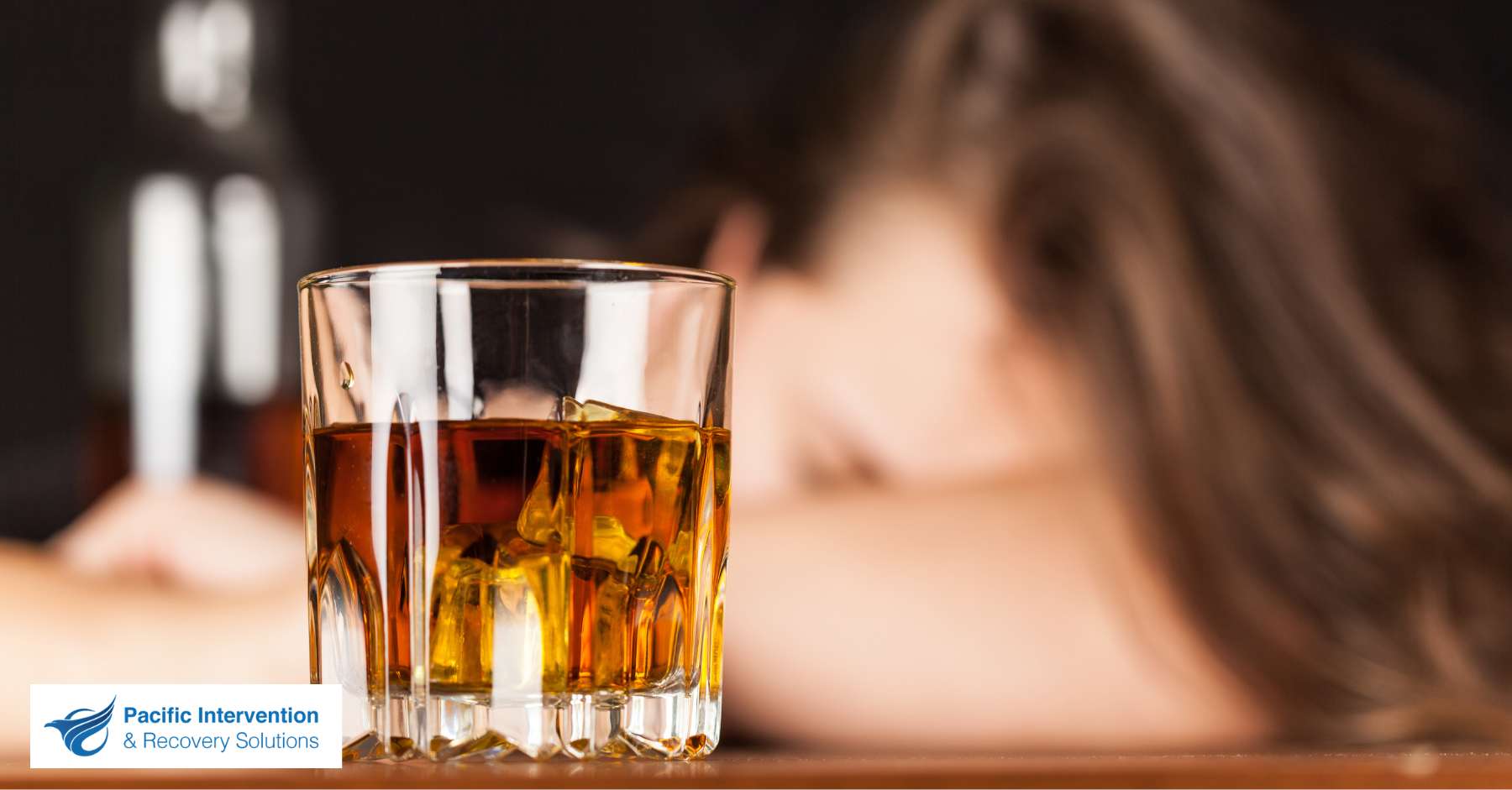
What Are the Most Popular Defence Mechanisms Used by Alcoholics?
Some of the most popular defence mechanisms that individuals struggling with substance abuse employ include:
- Denial is the first stage of defence for people suffering from alcohol addiction. In this stage, the person denies that the problem even exists since they are doing so well in other aspects of their lives.
- Blaming others is the best strategy for someone to distract attention from themselves and make others accountable for their addiction. This way, their addiction is rationalized.
- Avoidance is a breakdown in personal responsibility. In addicted people, it appears as isolation or an unwillingness to participate in usual day-to-day activities. The addicted person tends to separate themselves from their friends, family and work as the psychological pressure from their irresponsibility builds.
- Projection is attributing one’s negative behaviours and feelings to someone or something else while repudiating them in oneself. This is also known as Gaslighting.
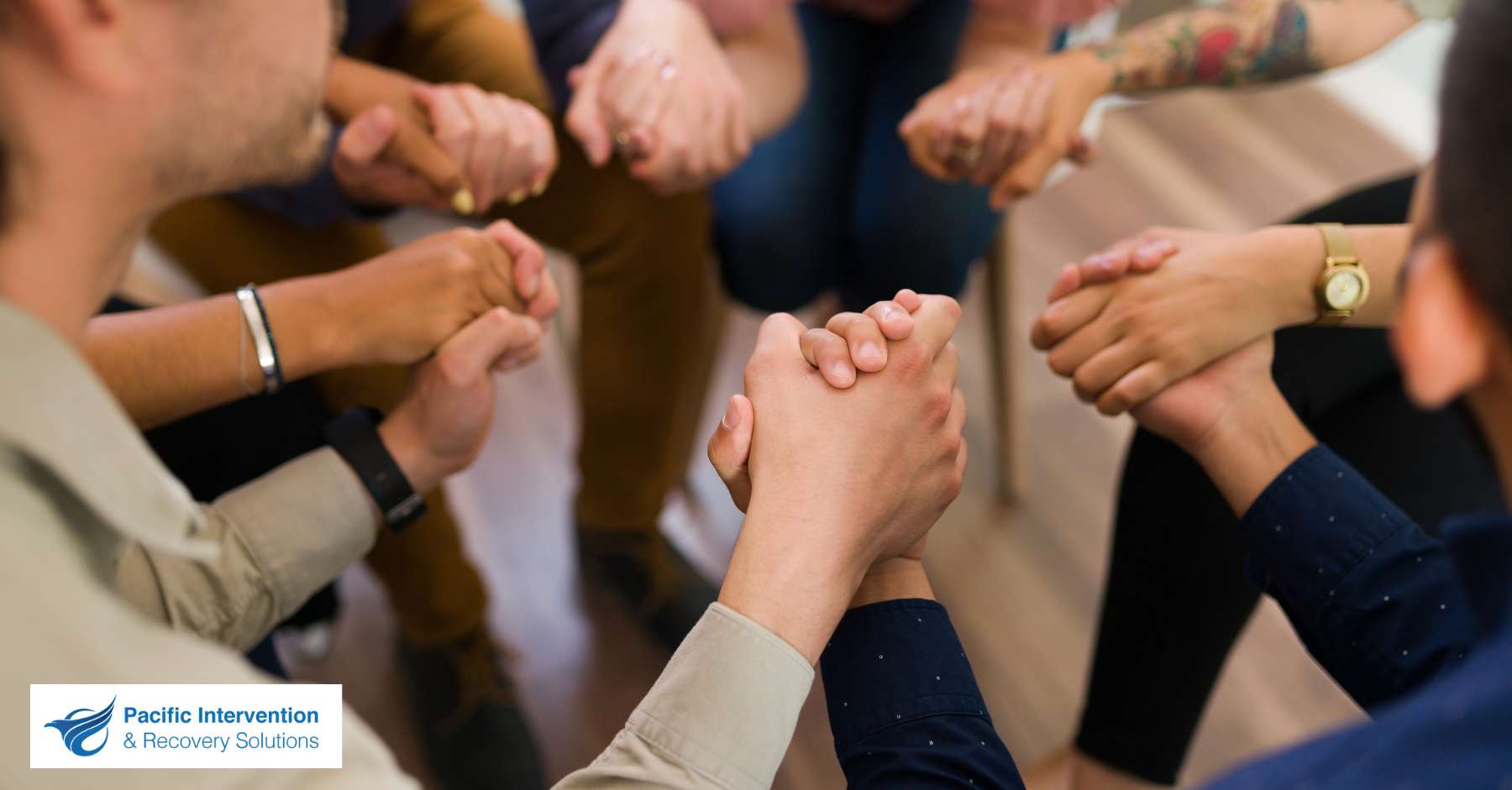
What Are the Most Popular Programs for Recovering Alcoholics?
The most popular programs for alcohol use disorder recovery include:
1. Alcoholics Anonymous
Alcoholics Anonymous is one of the most popular programs for recovery from alcohol use disorder.
2. Smart Recovery
Smart Recovery is a universal, non-profit organization using evidence-based methods to get rid of alcohol and substance addictions.
3. LifeRing Alcoholism Recovery Program
LifeRing is another popular program that offers free alcohol treatment, both online and in person.
4. Celebrate Recovery
Celebrate Recovery is a distinctive, faith-based program suitable for individuals with different substance abuse issues that involve alcohol addiction.
5. Moderation Management
Moderation Management is relatively different from other rehabilitation programs since it doesn’t require complete abstinence from alcohol.
Conclusion
Seeking help for alcohol addiction is necessary for individuals struggling with this issue. There are different sources available to provide support and guidance in overcoming alcohol addiction. Licensed medical centers such as Pacific Interventions can provide valuable information and assistance. In addition, healthcare providers, therapists, and treatment centers can provide customized treatment plans and support services tailored to individual needs.


